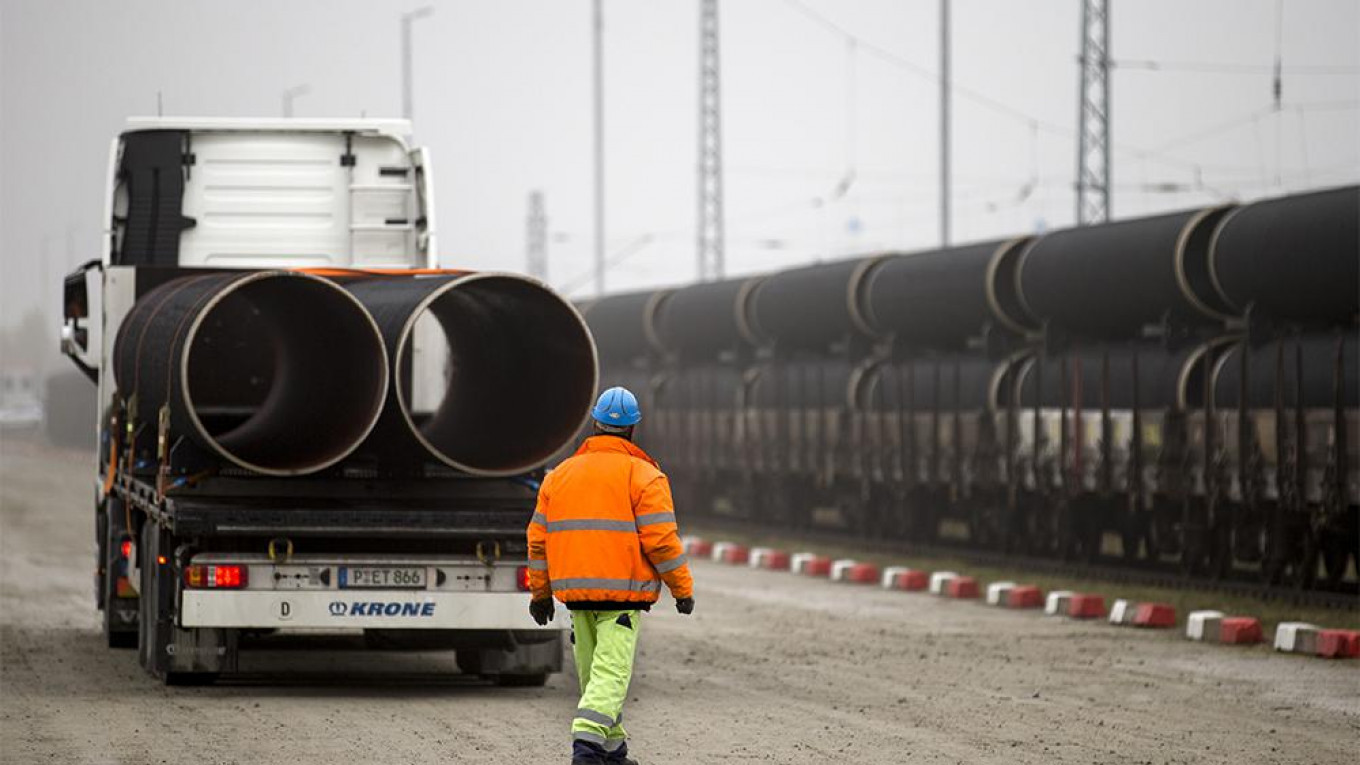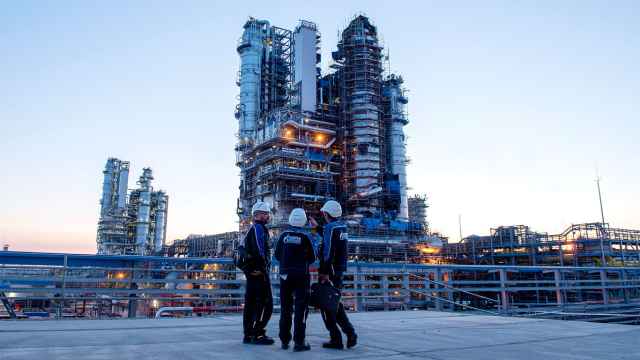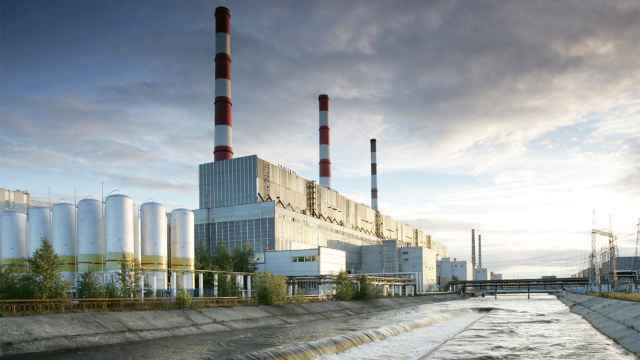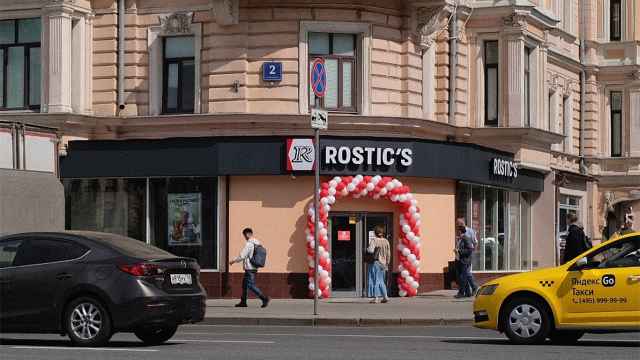Construction of Russia's Nord Stream 2 pipeline to Germany is bound to face further long delays, forcing Moscow to come to an agreement with Ukraine on future gas transits, a senior EU official said on Thursday.
The 11 billion euro ($12 billion) project to build a gas pipeline from Russia to Germany has come under fire from the United States and several eastern European and Nordic countries, which fear it will undermine Ukraine, and its gas transit revenues, and increase the EU's reliance on Russian gas.
The Russian-led Nord Stream 2 company has said it still expects to finish the pipeline by the end of 2019, despite permits pending in Denmark and new EU rules that may change its operational model.
Klaus-Dieter Borchardt, a senior energy official at the European Commission, the EU executive, said "for me it's a fact" that the project's deadlines will slip, which will force Russia to negotiate with Ukraine on continuing to pump some gas via Ukraine.
"This is something that will bring the Russian side to the table," Borchardt told a conference in Brussels. "There will be some years of delay and that is our trump card with Russia."
The European Union is mediating talks between Moscow and Kiev to agree terms for gas transits to Europe after their contract expires at the end of this year.
Completion of the 1,225 km (765 miles) pipeline under the Baltic Sea would offer Russian gas export monopoly Gazprom an alternative to pumping gas through Ukraine to Europe.
In addition to uncertainties over the pipeline's route due to pending approval from Denmark, and how it will comply with EU rules, Borchardt said he expected that gas transits from Germany via the Czech Republic to other EU states would also not be in place by 2020.
A U.S. State Department official told the same panel in Brussels that Russia was pursuing the pipeline so that it would no longer have to rely on sending gas supplies via Ukraine.
"Ukraine's bargaining position is very weak once Nord Stream 2 is built because then it becomes, as the Russians say, as it suits their interest," said Colin Cleary, the director for energy diplomacy for Europe at the State Department's U.S. bureau for energy resources.
"They're not crazy. It makes a lot of sense. They want to hurt Ukraine, they want to have a special relationship with Germany."
Germany, the main beneficiary of the pipeline, has said it wants to ensure Russia continues to send gas supplies via Ukraine but has given no details on desired volumes or terms.
Berlin and Moscow have been at odds since Russia annexed Crimea, but they have a common interest in the plan to double the capacity of the existing Nord Stream 1 gas route.
While the Nord Stream 2 project is led by Gazprom, 50 percent of the funding is provided by Germany's Uniper and BASF's Wintershall unit, along with Anglo-Dutch firm Shell, Austria's OMV and France's Engie.
A Message from The Moscow Times:
Dear readers,
We are facing unprecedented challenges. Russia's Prosecutor General's Office has designated The Moscow Times as an "undesirable" organization, criminalizing our work and putting our staff at risk of prosecution. This follows our earlier unjust labeling as a "foreign agent."
These actions are direct attempts to silence independent journalism in Russia. The authorities claim our work "discredits the decisions of the Russian leadership." We see things differently: we strive to provide accurate, unbiased reporting on Russia.
We, the journalists of The Moscow Times, refuse to be silenced. But to continue our work, we need your help.
Your support, no matter how small, makes a world of difference. If you can, please support us monthly starting from just $2. It's quick to set up, and every contribution makes a significant impact.
By supporting The Moscow Times, you're defending open, independent journalism in the face of repression. Thank you for standing with us.
Remind me later.






